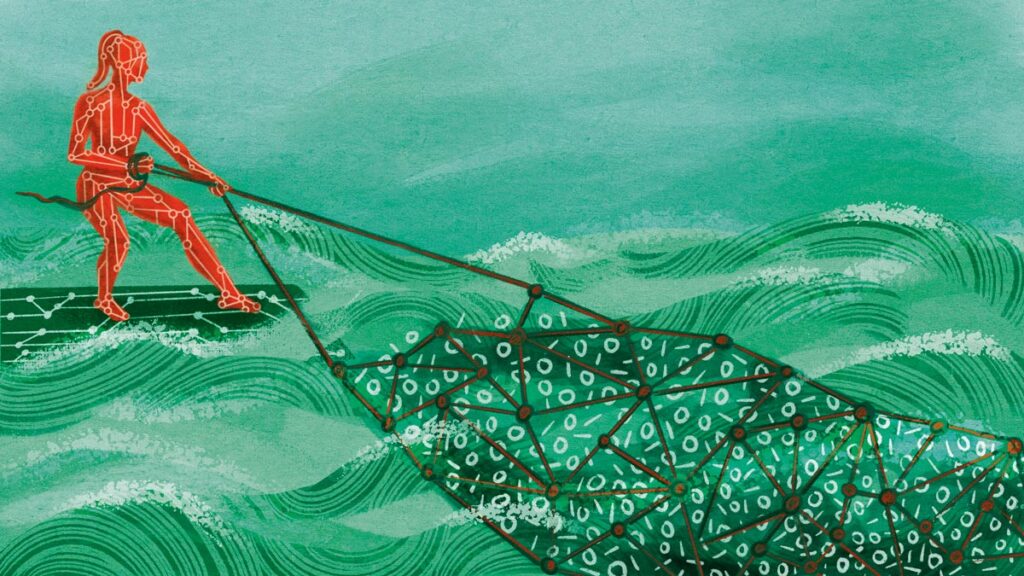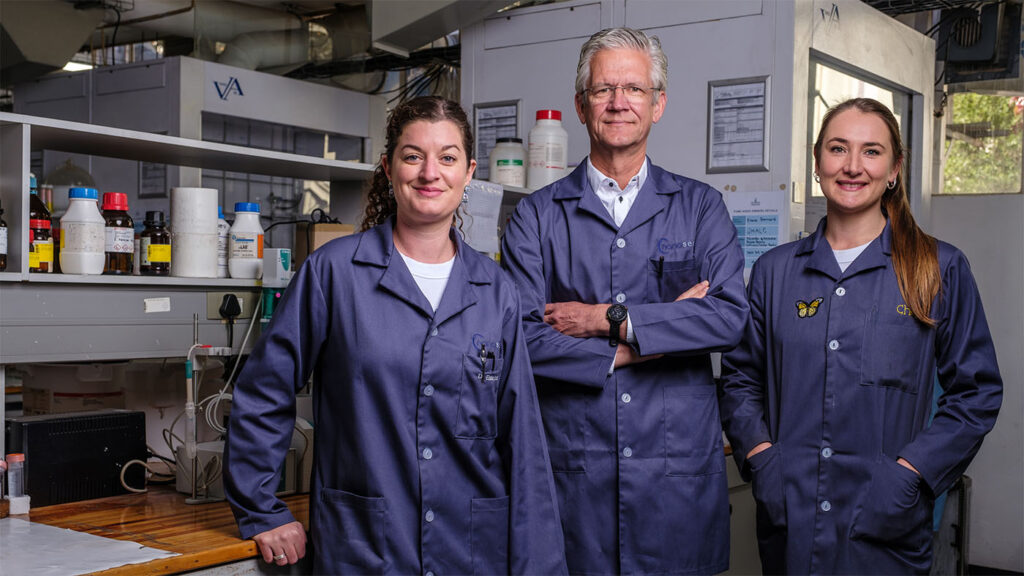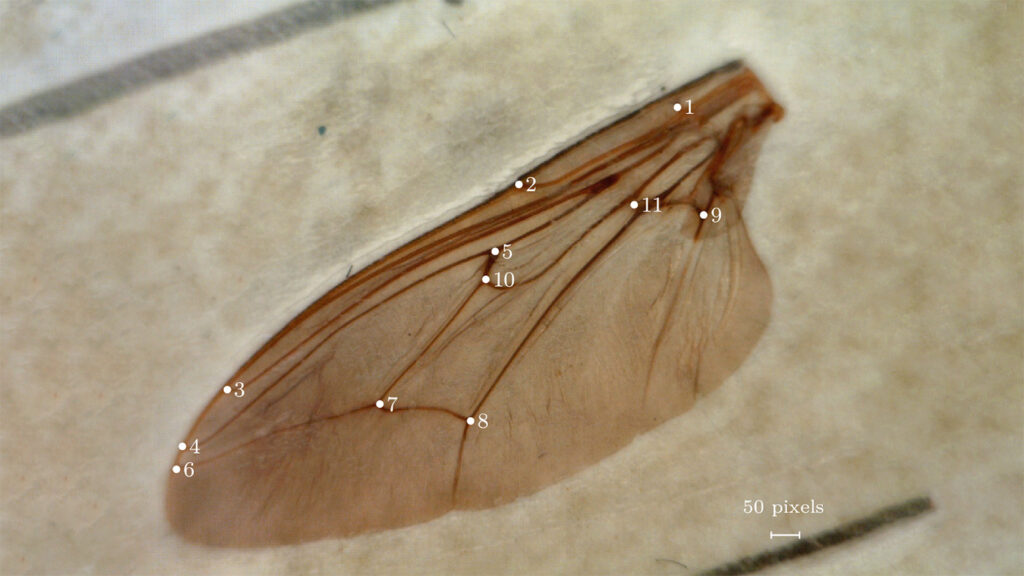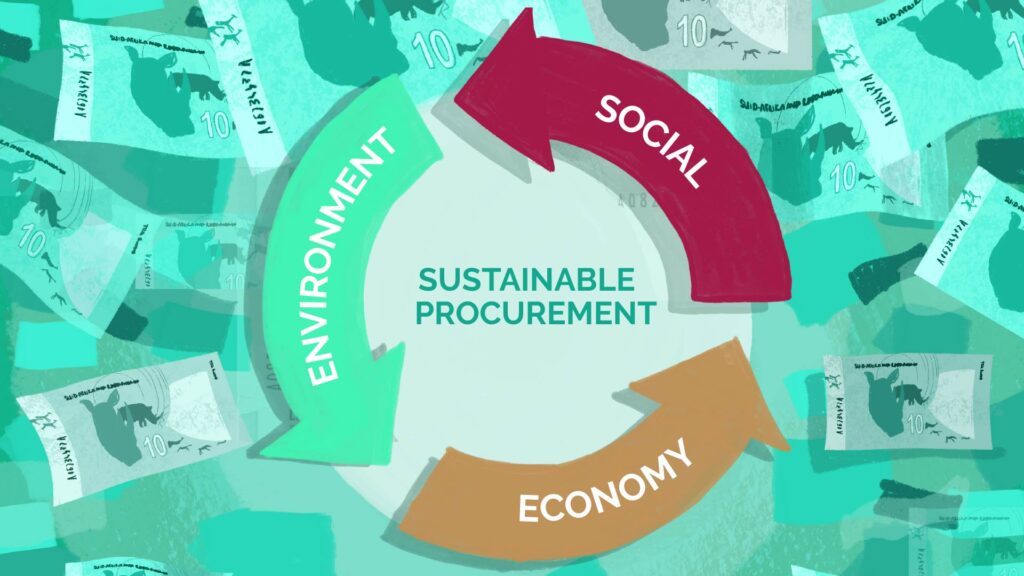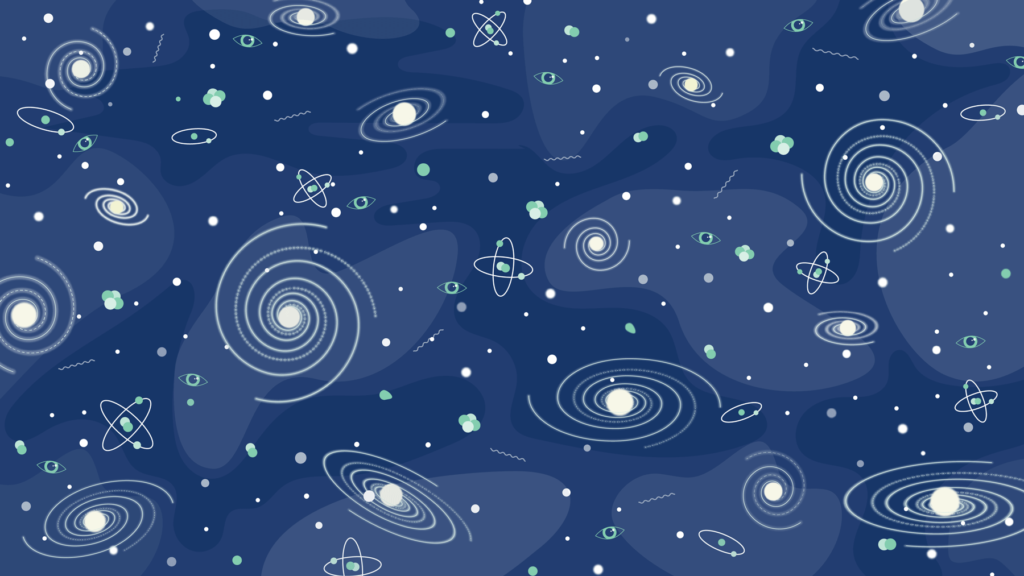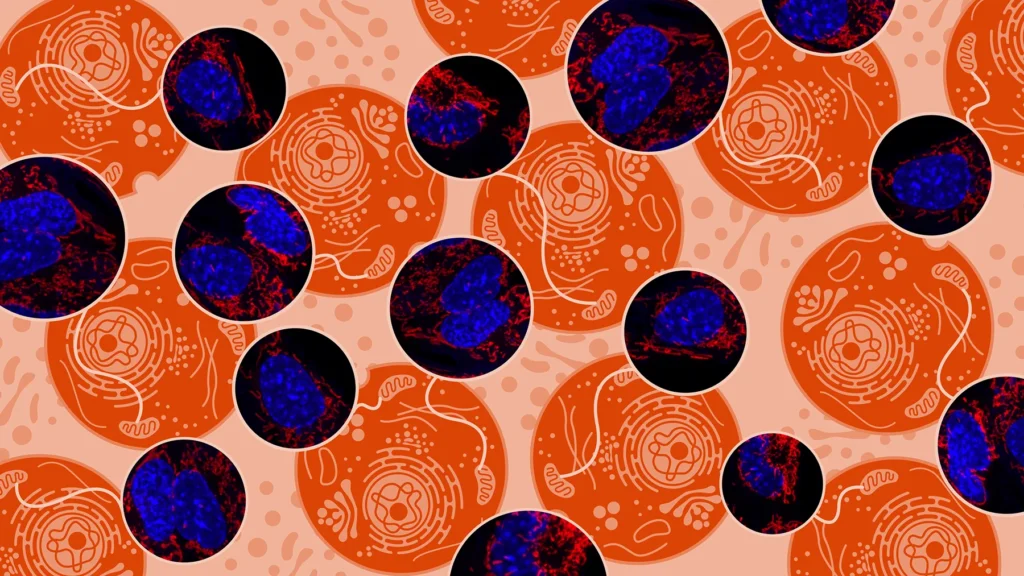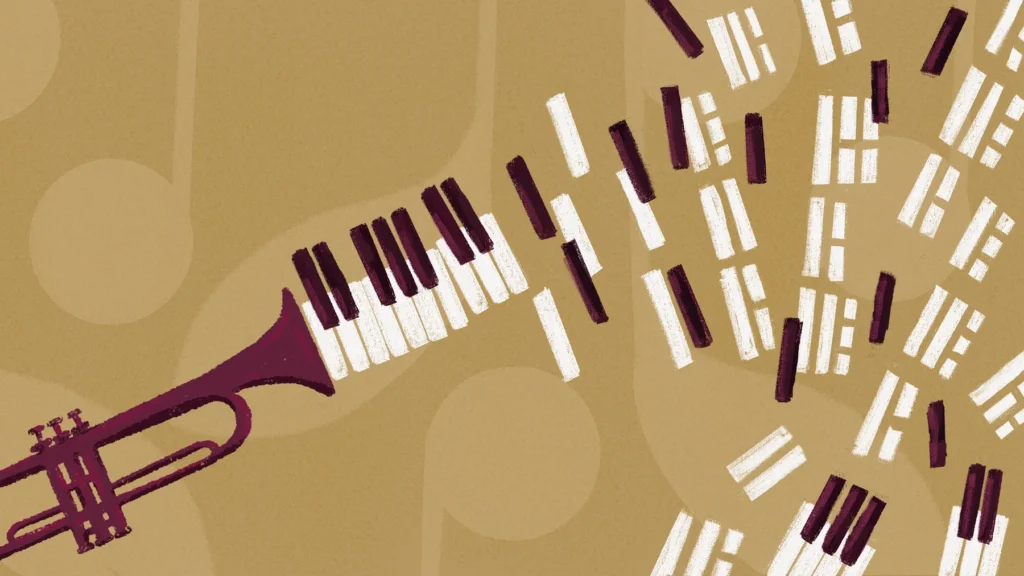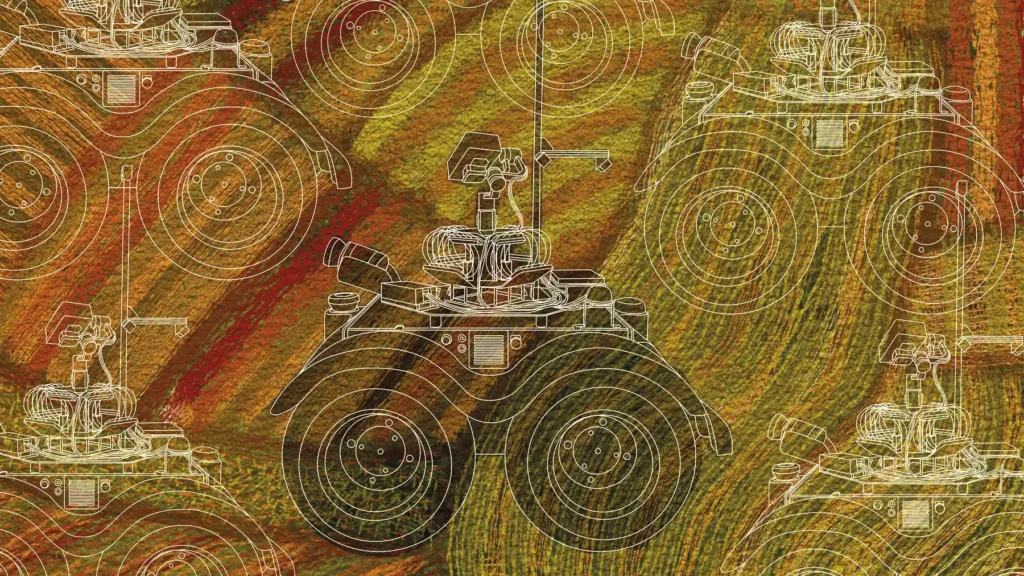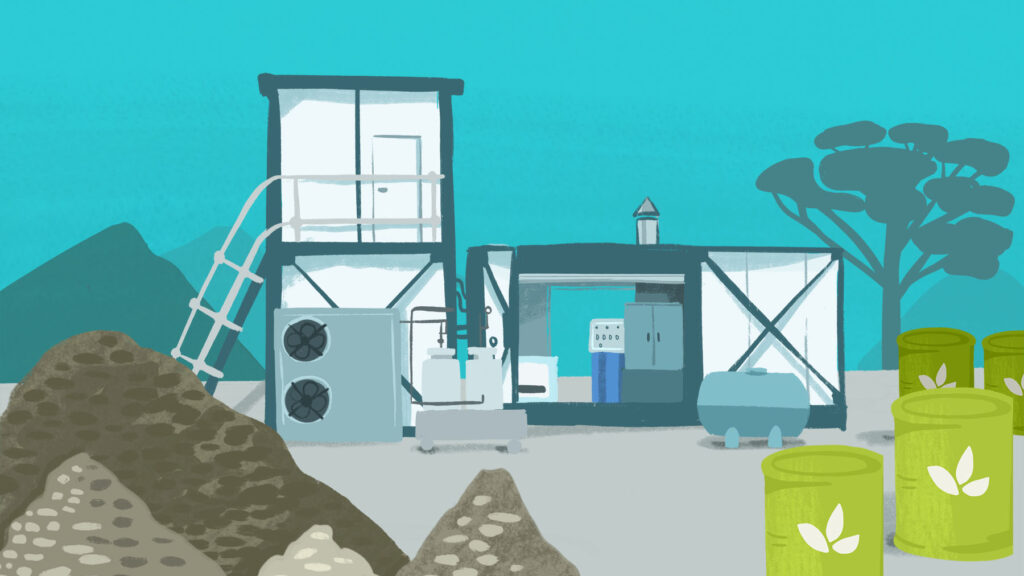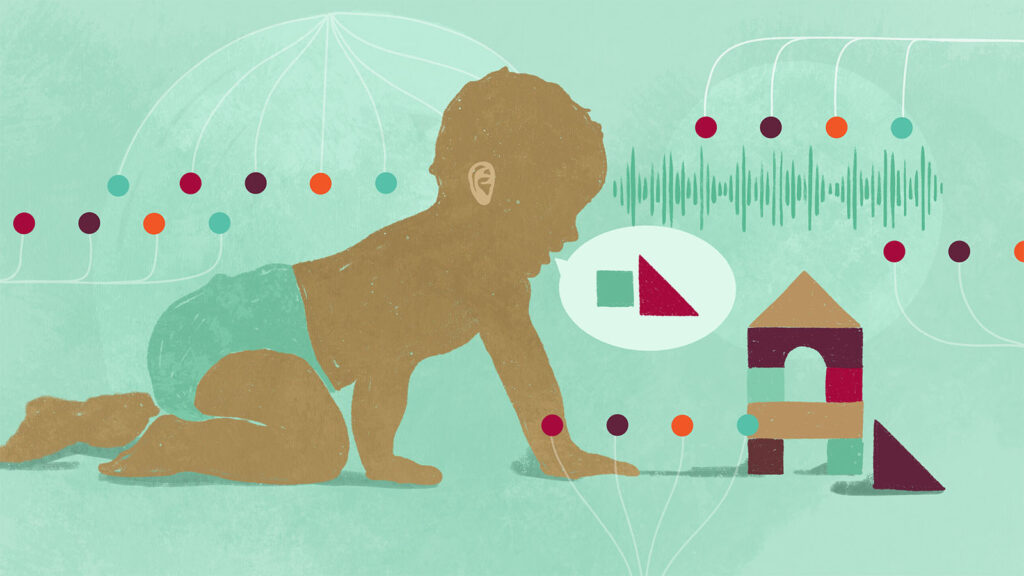
Machine learning: one field giving voice to many
"Most machine learning researchers would still say that we don’t really have anything substantial to say about consciousness. It’s poorly defined, and we don’t really know what the definition is, but the fact that many people are thinking about it is true. It’s really a fascinating question. But at the same time, we still need to be concrete, both when doing scientific work and when building engineering applications.” - Prof Herman Kamper
